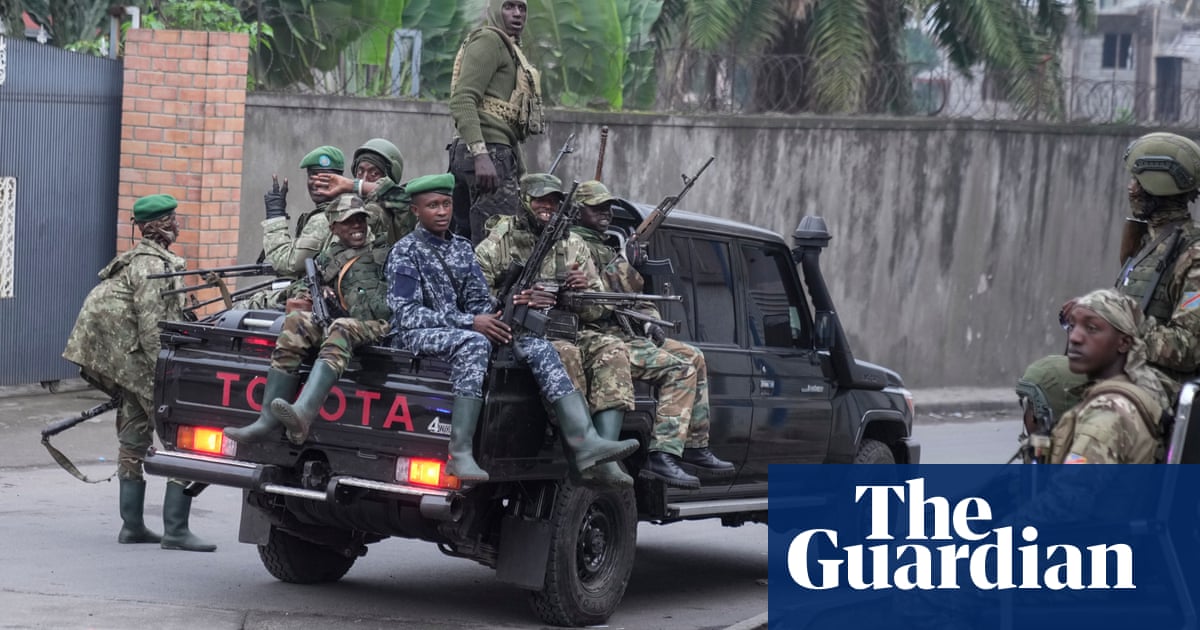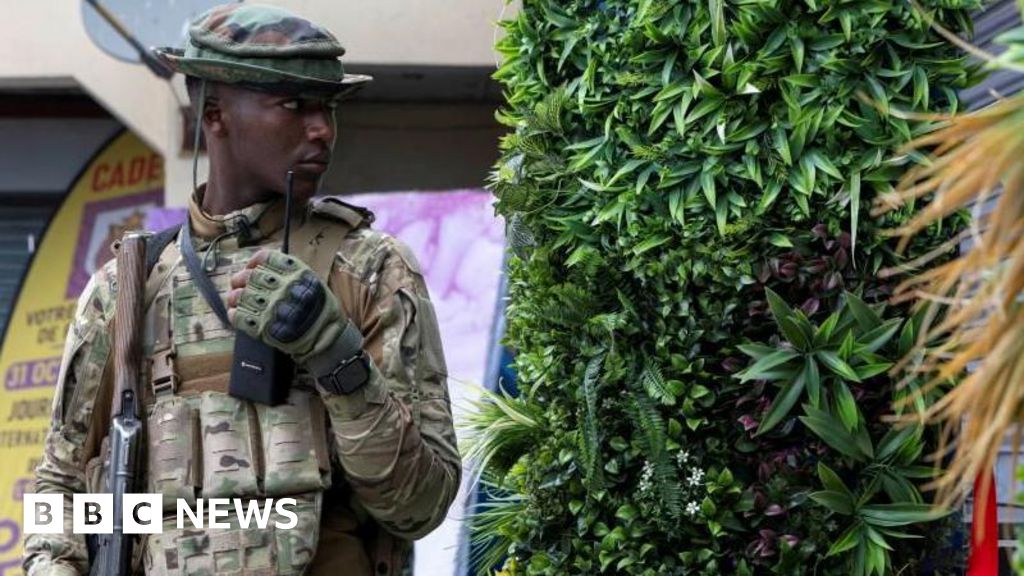Congo and M23 Rebels Agree on Truce Following Qatar Mediation
The Democratic Republic of Congo and M23 rebels have agreed to halt fighting as they pursue a truce after peace talks in Qatar.
Overview
The Democratic Republic of Congo (DRC) and Rwandan-backed M23 rebels have agreed to a truce following peace talks in Qatar. This comes amidst escalating violence that has killed over 7,000 since January. The joint statement made by both parties signifies a commitment to cease hostilities and aims for a broader peace agreement. Although previous ceasefires have failed, this agreement marks a critical step towards reducing tensions in the mineral-rich eastern DRC, where humanitarian conditions have drastically deteriorated, with thousands displaced and casualties reported.
Content generated by AI—learn more or report issue.

Get both sides in 5 minutes with our daily newsletter.
Analysis
- The DRC government and M23 rebels have jointly agreed to work towards a truce following peace talks in Qatar, marking a hopeful yet fragile step towards resolution.
- Both parties emphasized a commitment to an immediate cessation of hostilities and a rejection of hate speech and intimidation, urging local communities to support these efforts.
- While the truce announcement is a positive development, previous ceasefires have failed, raising skepticism about the durability of this new agreement.
Articles (4)
Center (2)
FAQ
The recent escalation began when the M23 rebels advanced and seized the strategic city of Goma in January, followed by the town of Bukavu in February.
Qatar mediated the peace talks in Doha, leading to a joint commitment to work towards a truce.
Congo and others accuse neighboring Rwanda of backing the M23 rebel group, which Rwanda denies.
More than 7 million people have been displaced due to the decades-long conflict.
Yes, the conflict has created one of the world's most significant humanitarian crises, with thousands displaced and casualties reported.
History
- This story does not have any previous versions.



